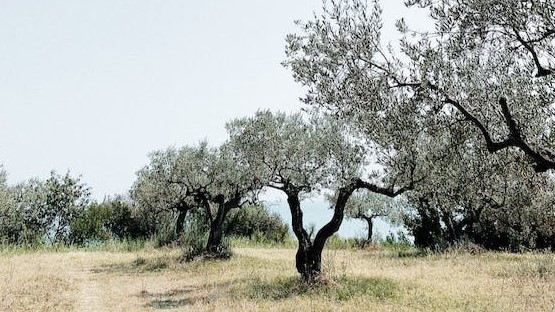Meet the coordinator

The FOX team at DIL: Milena Zdravkovic, Kemal Aganovic, Kerstin Pasch, Janos Petrusan, Anna-Sophie Stübler (from left to right).
1. What stage is the project currently at?
The project started last summer with our kick-off meeting beginning of July in Brussels. Over the last six months, the technical teams started with the design of the mobile processing unit and first lab tests were conducted. Other teams started with scenario development, consumer engagement studies or life cycle assessments.
We all met at the end of November at Wageningen University to exchange on first results. Furthermore, we launched a FOX study dealing with trends influencing Europe’s food sector by 2035 which gained wide interest.
2. Are there any other projects with similar goals? How is your approach different from them?
Of course, FOX is unique. The project follows a general approach called the «multi-actor approach» set up by the European Commission some years ago. In which the project make sure end-users, e.g. farmers, consumer or companies, and multipliers as associations, cooperatives or advisors are fully engaged during the whole project and contribute to it.
Until today, the EC has founded more than 200 multi-actor projects. Among them, FOX is unique as it researches and innovates mild processing technologies within its multiplying network. Hence, for the first time, we also bring together on a scientific level all these experts serving the multi-actor approach: food technologist, engineers, economist, environmental scientist, consumer scientist, food chemist, bioengineers, innovation manager and many more. FOX is an inter- and transdisciplinary project.
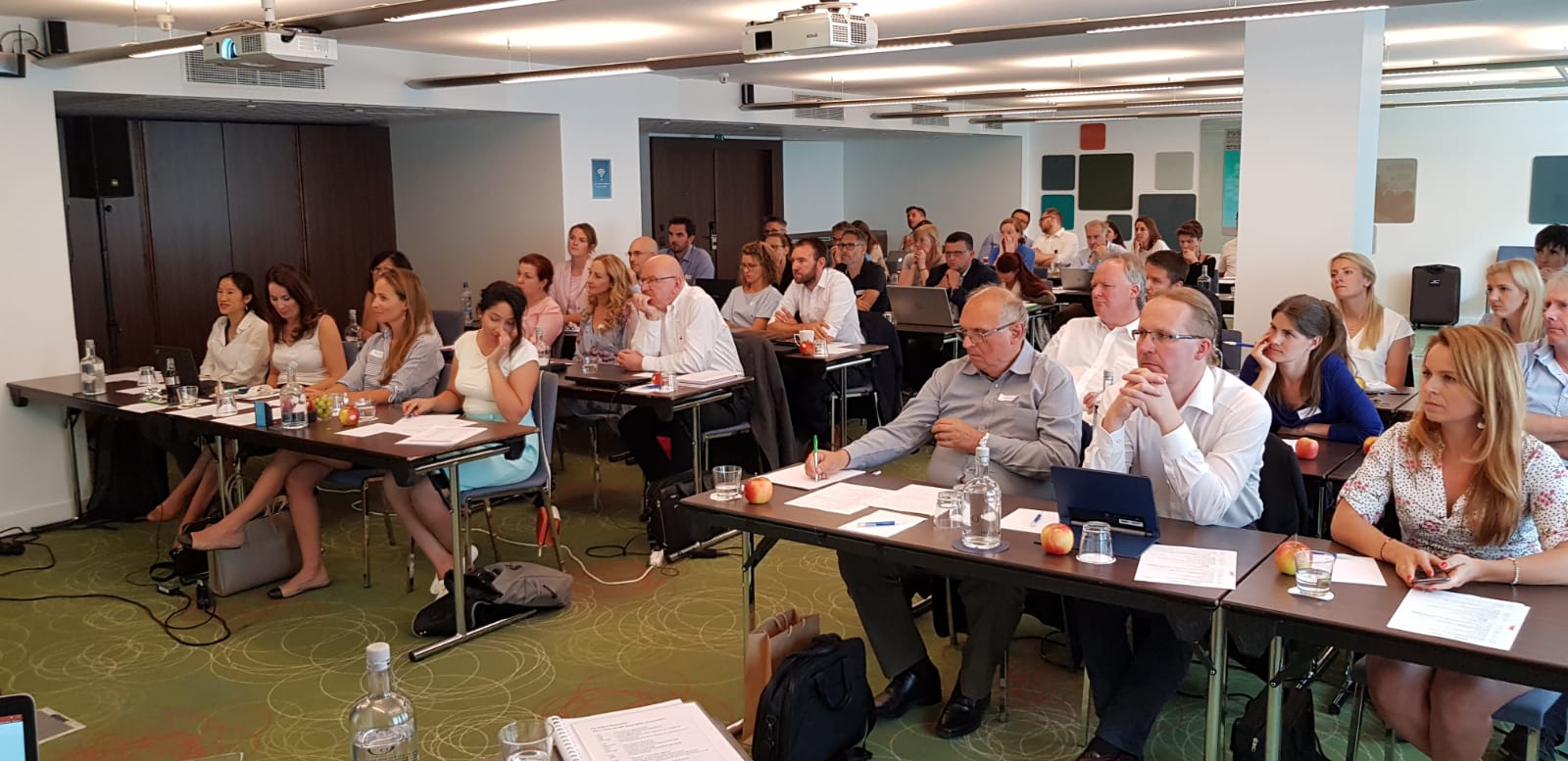
3. What are the biggest challenges in the short food value chain?
By definition, a short food supply chain is characterised by short distance or few intermediaries between producers and consumers. Hence, these products might use different distribution channels but are mostly very close to the farmers’ gate.
These short food supply chains are very different from normal food chains which are trimmed to the highest efficiency. From my point of view, this is the biggest challenge. How can we increase the competitiveness of food products in short value chains? This includes processing technologies adapted in size, production volumes and efficiency to needs of this chain but also appropriate business models and sales channels which are different to those from large food producers.
FOX is a unique in the way that for the first time, we bring together on a wide range of scientific experts in a multi-actor approach: food technologists, engineers, economists, environmental scientists, consumer scientists, food chemists, bioengineers, innovation managers, and many more.
4. In what way will mobile container units be appealing to consumers?
Mobile food processing container can be used by farms, cooperatives or small-scale producers. Trust is the keyword in this regard. Studies show that consumers do not understand or have trust in the food industry.
First results of the EIT Food’s TrustTracker® have found that European consumers most trust farmers in the food chain. Indeed, this is a perception and does not mean that all other parts of the chain are not trustworthy. But this is also a great opportunity to re-connect the food producer, in our case a farmer or cooperative using mobile processing container, with consumer and citizens again, to build up mutual trust in our food.
FOX has a strong communication and dissemination strategy dedicated not only to those using the technologies but also to consumer and society in general, e.g. by workshops and citizen dialogues organised in different regions in Europe.
How can we increase the competitiveness of food products in short value chains? From my point of view, this is the biggest challenge.
5. What are the trends in the sector of fruit and vegetable processing and how does FOX respond to them?
FOX responds to various trends in the sector. The most important are:
- Reducing food waste and losses. The focus is on the question how fresh fruit and vegetables that do not reach the consumer through the usual distribution channels due to overproduction, oversupply or minor quality still can be processed into a high-quality food product? Our answer is mobile/modular processing units that enable de-centralized food production, products to be used for regional markets. Of course, these products must be competitive, therefore the efficiency, the consumer expectation and the business model behind is considered as well.
- Healthy and high-quality products. Especially in the juice sector, we see a growing demand for brand products as well as chilled juices and juices not made of concentrates. This means high-quality products are a preferred choice of the consumer.
- Furthermore, ‘localization’ has been identified by the European fruit juice association AIJN as one of eight main trends for the sector [1]. Both, high-quality products locally produced, can be realized by our FOX approach working with mobile and modular processing units. Especially using mild processing technologies which means lower processing temperatures, shorter processing times or oxygen-reduced environment will better keep the naturalness, the sensory and nutritional quality of the product.
- The trend of regional food production. I already mentioned this but would like to highlight it once again. Local food is perceived to be high quality, products from FOX processing units are of high quality. Here, we have a mutual benefit for producers and consumers.
FOX has a strong communication and dissemination strategy dedicated not only to those using the technologies but also to consumer and society in general.
6. How can we take advantage of flexible, mobile container units to improve our food system?
Besides the trends just mentioned, these flexible and mobile processing units also enable higher value creation on the field or close to the field. The production of high-quality products means a new or better source of income for small producers. These products can be marketed regionally or through targeted distribution channels, e.g. online.
Even though our globally oriented food systems will always have a strong central focus, the FOX approach offers alternatives. The extent to which local and decentralized food systems will be in future in our society also depends on consumer acceptance and behaviour.
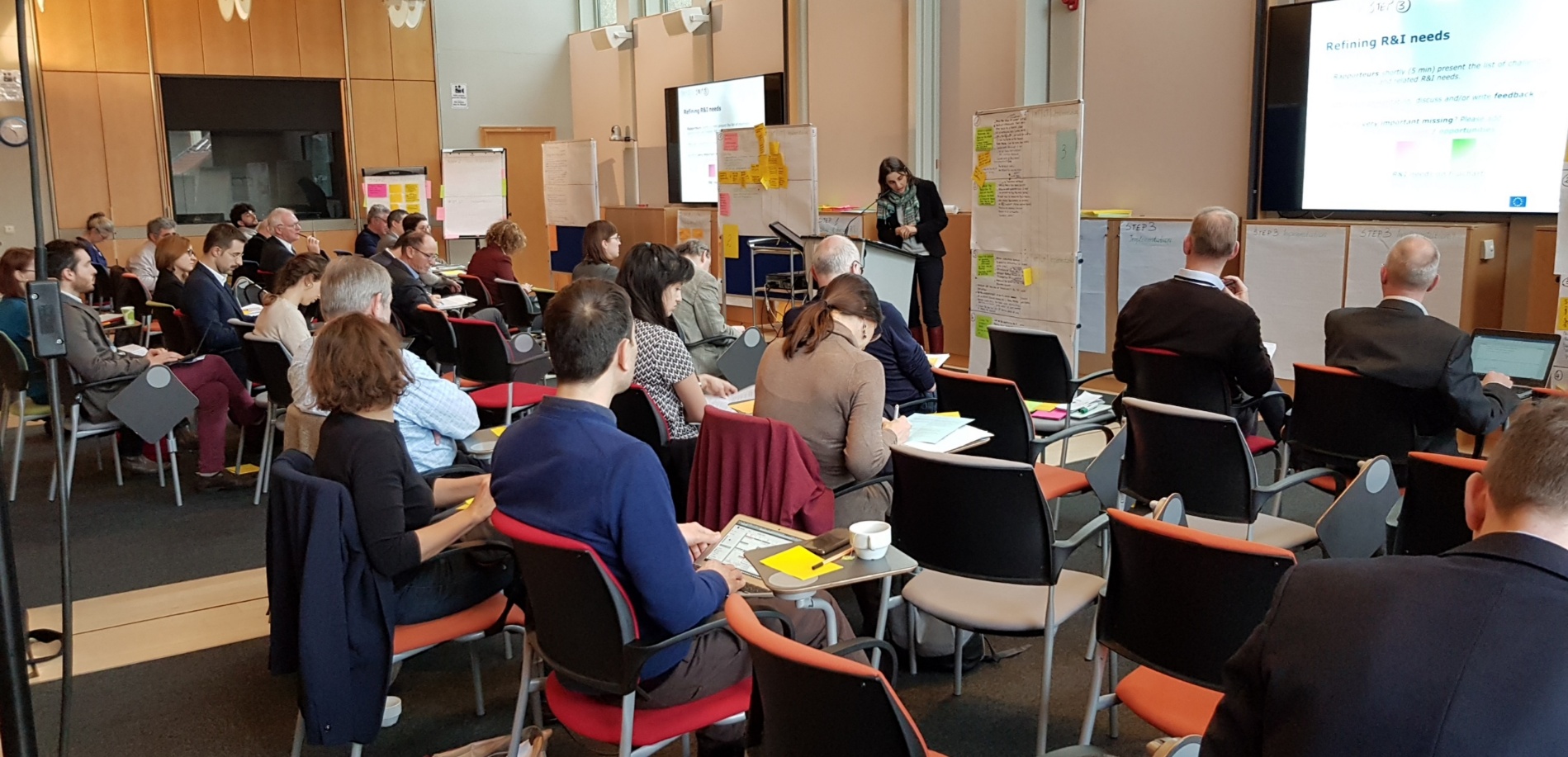
7. What is the link between the four technological working groups?
All four working groups are working with fresh fruits and vegetables. All scientists in these groups are experts in processing or packaging. And all of them are thrilled to find down-scaled solutions to be demonstrated for the sector.
The linking part will be the demonstration in our four ‘food circles’ that cover six model regions in Europe being important regions for the fruit and vegetable sector. This demonstration parts are also linked to the work of our consumer scientists and analysts of the life cycles of products and processing.
Technology demonstrated is adapted to the seasonal character of these regions:
- Lake Constance Region in Germany (apples, soft berries): Juice production by low oxygen extraction and mild preservation
- Kuyavian-Pomeranian Voivodeship in Poland and Central Bohemian Region in the Czech Republic (apples, soft berries, mushrooms): Low-temperature drying technology
- Valencia in Spain and Provence Alpes Côte d’Azur in France (different fresh vegetables and fruits): Innovative quality analyses and packaging for fresh fruit and vegetable mixes
- North-Brabant in The Netherlands (plant-based food): Upcycling of plant-based food side streams by using mild processing


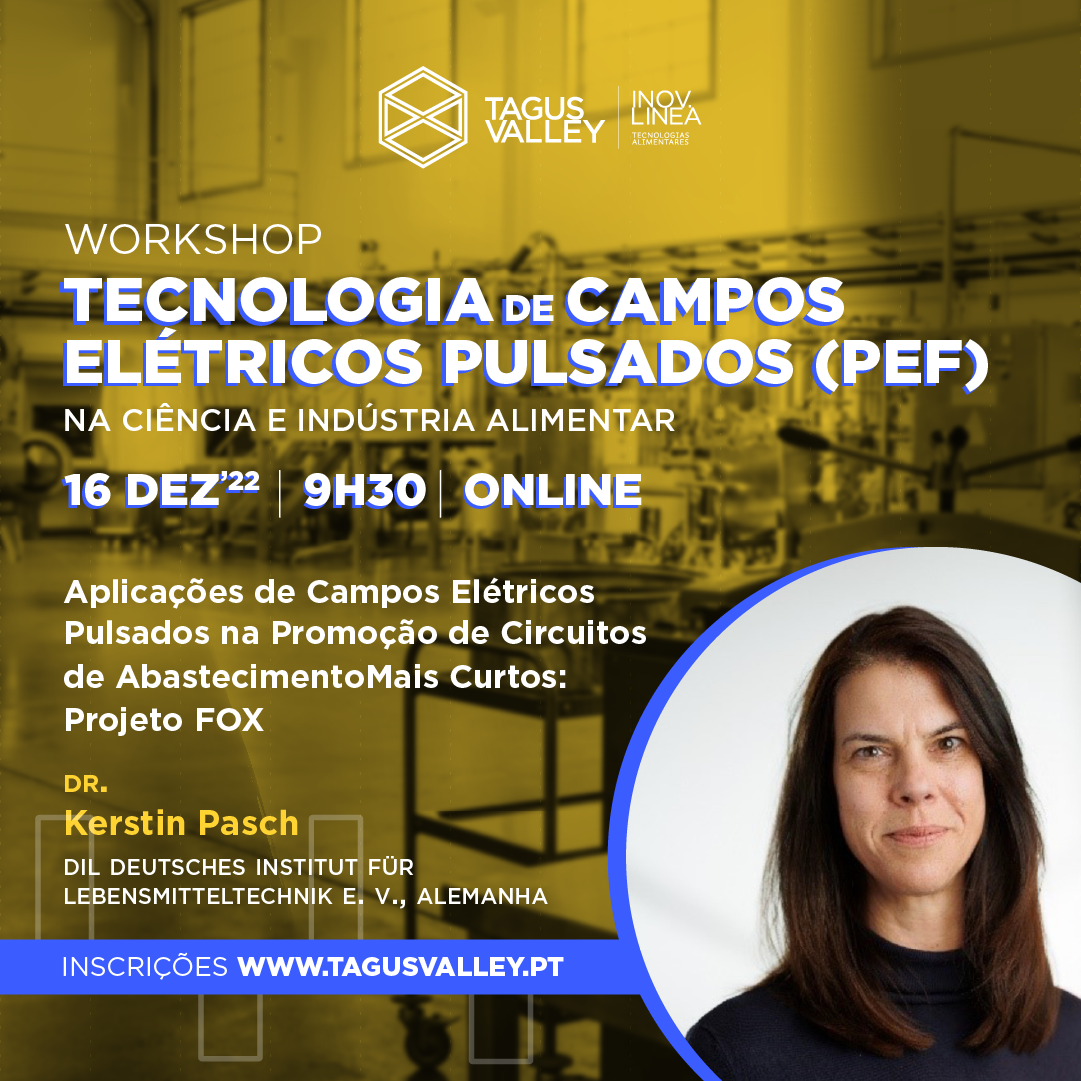
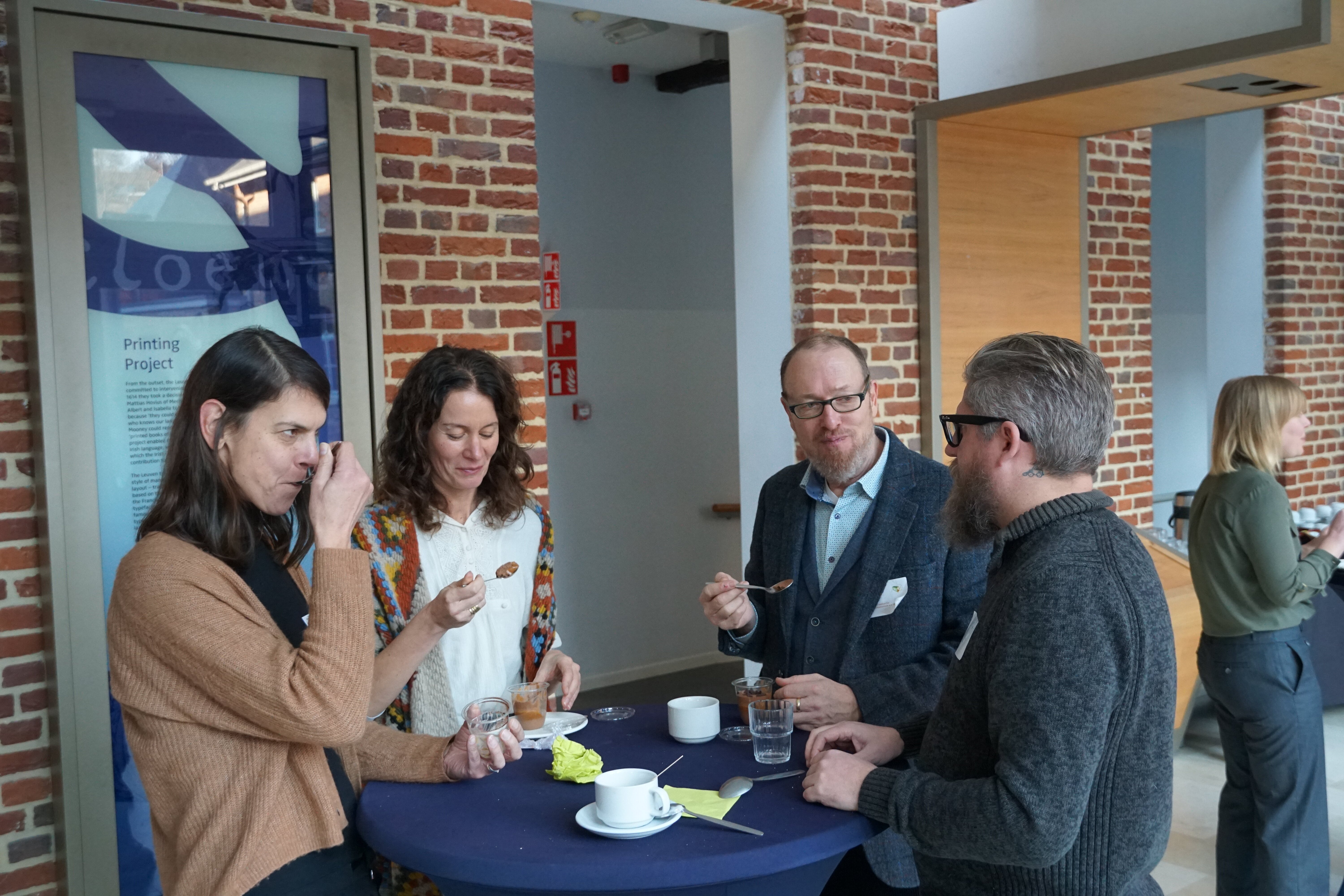
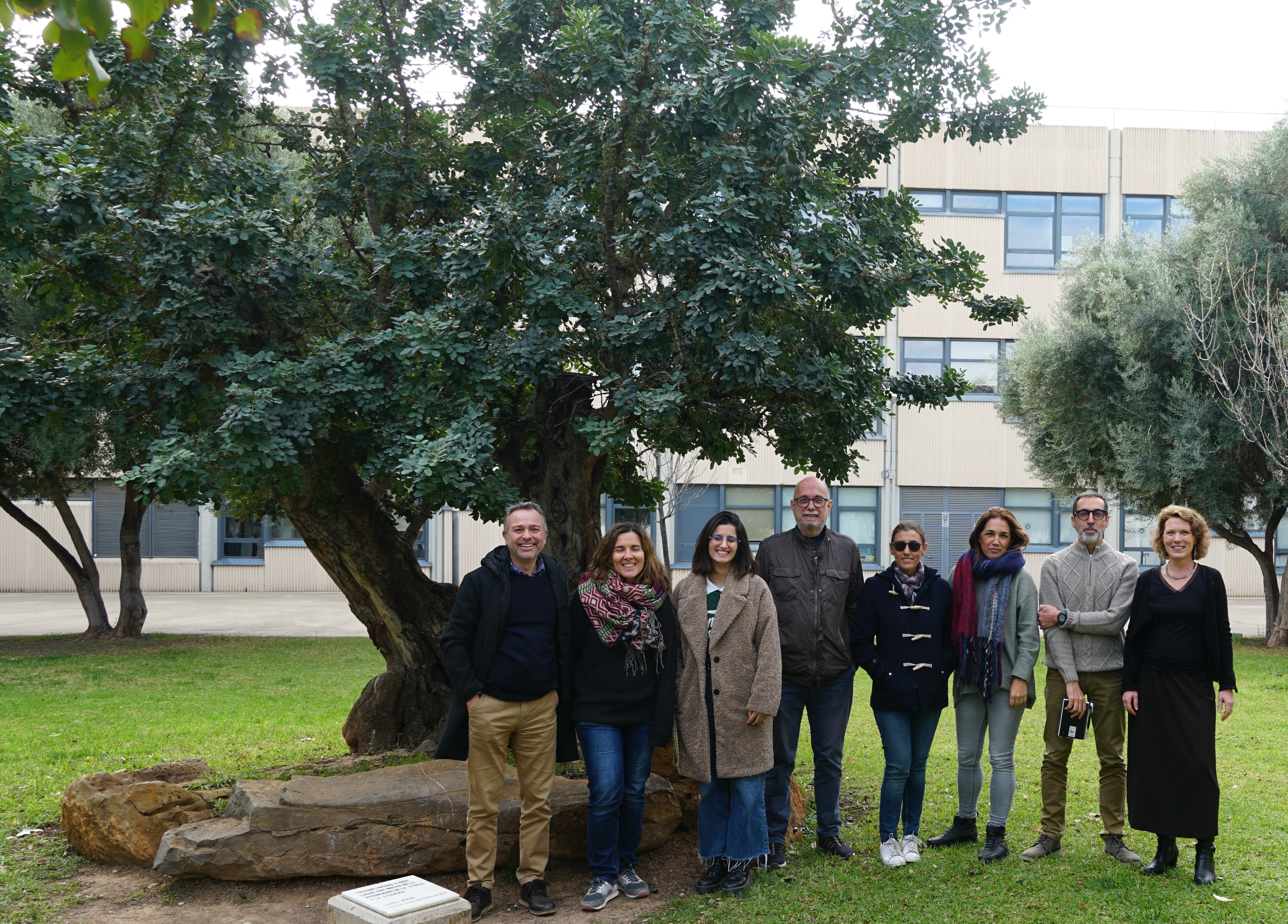
![FOX at FI [Food Ingredients] Europe](https://www.fox-foodprocessinginabox.eu/wp-content/uploads/2022/12/Screenshot-2022-12-13-131707.png)
